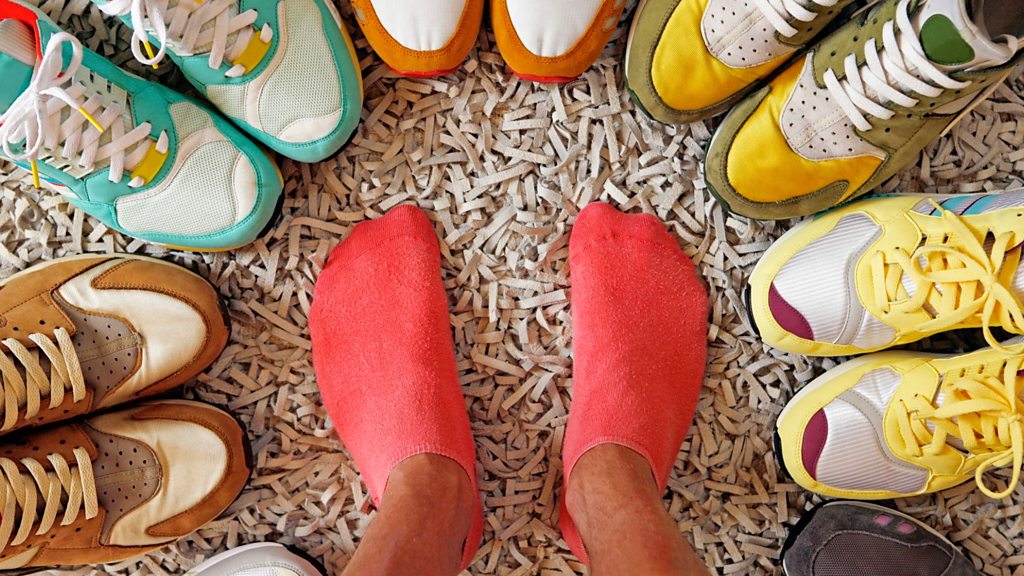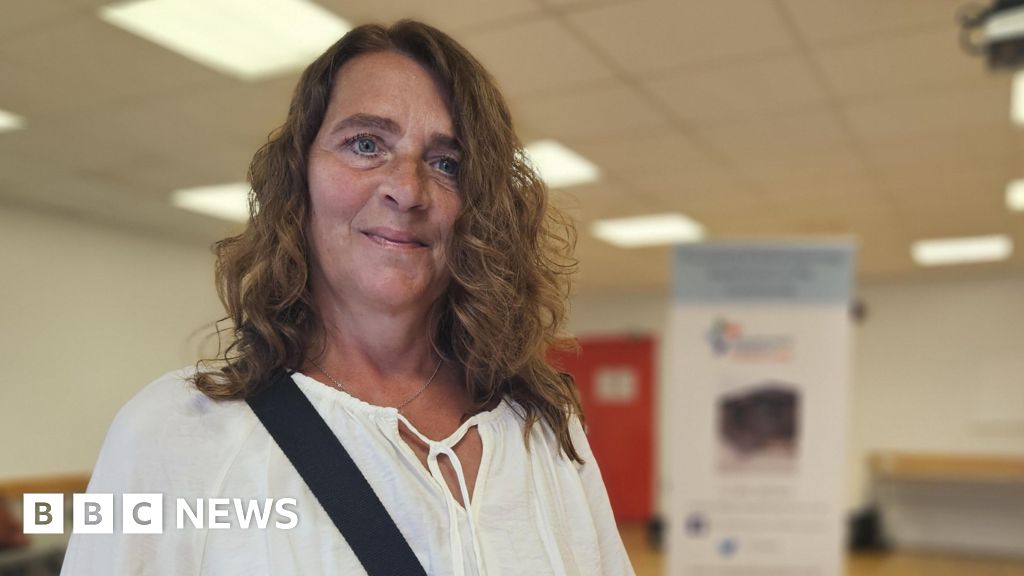Rutendo Kahari
Rutendo Kahari
A 20-year-old female scientist from Zimbabwe is already on a path to use viruses that infect bacteria to fight some of sub-Saharan Africa’s deadliest infectious diseases.
According to World Health Organisation statistics, the bacterial disease tuberculosis (TB) is the leading cause of death globally from infectious disease, with over a quarter of TB deaths occurring in Africa.
Rutendo Kahari is a student at Baylor University and a budding biomedical researcher interested in bacteriophages (viruses that whose hosts are bacteria) and genetic engineering as potential tools for fighting TB and other infectious diseases.
“I am on a mission to bring the power of emerging biotech to address the burden of diseases in my region and to promote health equity across Africa, all inspired by my experience with my late father, who was chronically ill for ten years and passed away just before my 17th birthday,” she says.
Recent studies have focused on phage-based treatments as a solution to treating Multidrug-Resistant Tuberculosis (MDR TB). After hearing a podcast on bacteriophages, Kahari delved into how phages could potentially combat the spread of antibiotic-resistant bacteria.
“I was intrigued by the idea of using viruses to control populations of pathogenic bacteria,” she says.
In 2021, Kahari presented her research on “Fighting Multidrug-Resistant Tuberculosis with Phage Therapy.” at MIT’s Global Community Bio Summit 5.0 and also participated in Future Earth Academy, a global virtual biotechnology beta program involving Kahari and 12 other hand-picked youths under the guidance of Dr. Jennifer Jones, Ph.D.
“This program introduced me to biotechnology tools that have the potential to revolutionize Africa’s healthcare system and practicing scientists,” Kahari says.
In 2023, Kahari also undertook an internship in New York City, with Chai Ventures, a VC fund investing in female-led health and technology companies; and the Global Citizen Year young leaders program in Cape Town, South Africa.
“Rutendo has already impacted her country: She teaches coding to children in her town, she has introduced her VR tech to others in her community,” Dr Jones says, adding that Kahari also inspiring others from her region to pursue higher goals.
Rutendo Kahari
Rutendo Kahari
A Personal Motivation
Kahari grew up in Bulawayo, Zimbabwe (with her mother, father, and two sisters) but at 8-years old she remembers seeing a chest X-ray that she says looked like a “distorted frog”.
“It was my father’s enlarged heart due to congestive heart failure and for the next 10 years, I watched my childhood superhero become bedridden and reliant on 16 tablets a day, ” she says, “I did not know it then, but this was the birth of my interest in biomedicine.”
Kahari says that she would help sort out his daily medicines to ensure he did not miss any and try to understand how each tablet interacted with the human body at a molecular level.
“As I entered high school, the medical terms and pharmacology began to make sense, but my father’s time was coming to an end,” Kahari says, adding that when her father passed away, she knew her purpose was to heal.
“I want to help create a healthier Africa so that others might not suffer as my father did,” she says.
She says that when comes to inequalities of any form affecting the world, the Global South faces the hardest hit, yet they are the least represented when it comes to developing the solution.
“When scientists from the Global South are leading investigations of solutions to global challenges they have a deeper understanding of the local ecological, social, economic, and cultural contexts in which these challenges occur,” she says.
Kahari’s mentor, Dr Jones says the under-resourced nature of Africa’s healthcare is the reason she brought together the group including Kahari.
“Until representatives of those regions are at the table, science will not make the positive impact it is capable of making, and the gaps in health equality will continue to grow,” Dr Jones says.
3D rendered Illustration of a anatomically correct group of bacteriophage viruses attacking a … [+]
getty
Another Zimbabwean biomedical scientist is Nathasia Muwanigwa.
Muwanigwa, a scientist originally from Zimbabwe, is now helping scientists, engineers and mathematicians from across African continent to give them visibility and inspire future generations
Credit: Source link






![[LIVE] Crypto News Today: Latest Updates for July 14, 2025 – Bitcoin Hits $123K, XRP Nears $3 as Bullish Momentum Continues [LIVE] Crypto News Today: Latest Updates for July 14, 2025 – Bitcoin Hits $123K, XRP Nears $3 as Bullish Momentum Continues](https://cimg.co/wp-content/uploads/2025/07/14034100/1752464459-daily-news14.jpg)




